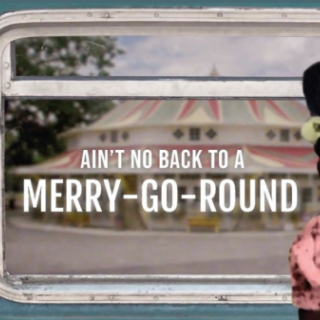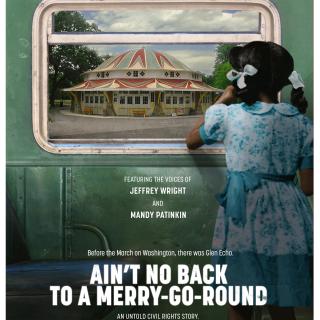Advertisement
I constantly remind the students in my African American history classes that if you are poor and white in America, especially if you are rural or southern, the only difference is that you are not black. We have long known that poor whites and blacks live very similar lives, and the socioeconomic indicators we use to measure well-being–level of education, family life, employment, home ownership, involvement in the criminal justice system–are also remarkably similar.
One of the few figures in public life who understands this is the Reverend Jesse Jackson. His remarkable showing in the 1988 Michigan caucus–he garnered 55 percent of the vote–and in caucuses and primaries as disparate as Alaska and Vermont–was in part due to the fact that he was successful in convincing the white working class and working poor–the men and women who had lost good paying factory jobs and ownership of second- and third-generation farms–that they had much in common with Americans of color. Jackson repeatedly stated that Americans focus too much on race and not enough on class, and it’s to our detriment Even now Jackson continues to work to develop a Rainbow Coalition of historically marginalized groups who share economic circumstances and can band together and force change.
Vance begins Hillbilly Elegy by telling us that his family’s story is both ethnic and geographic. (Make no mistake about it: everything in America is about race.) While he is white, he is not WASP. The people in the region in which he grew up are descended from Scotts-Irish who were poor and poorly educated. During slavery, they were the day laborers; afterward, they were the sharecroppers who battled newly freed blacks for scarce jobs. In industrial America, they became machinists and mill workers, and they have been hit particularly hard by the millions of jobs lost as America transferred from an industrial economy to a service oriented one. Of all the subcultures in America, the Scots-Irish were one of the few who hung onto their traditions, which include a deep patriotism, loyalty to kith and kin, and an almost pathological sense of honor that is often expressed through violence for even the smallest infractions. (See Honor and Violence in the Old South, by Betram Wyatt-Brown.) Like most white southerners, those of Scots-Irish background are also deeply suspicious of outsiders and their influence. These characteristics make the people fatalistic and prone to blame their troubles on others.
Vance’s beloved grandparents–Mamaw and Papaw, who he describes as “my own hillbilly terminators”–provided the constancy in his life. They met and married young, and like hundreds of thousands of their neighbors, migrated north looking for better things. They knew that to stay in their birthplace meant eternal struggle. (Indeed, my late father was born in West Virginia, and his family moved to southeast Appalachia Ohio when he was about five. After he graduated from high school at the age of 15, his father sent him to Columbus to get work, and told him not to forget he had siblings still at home. Dad said they called this migration “readin’, ritin’, and route 33.” ) Fellow neighbors and families uprooted together; they sometimes ended up staffing whole shifts at companies and developing entire neighborhoods. But Mamaw and Papaw never lived so far away from Vance they weren’t a familiar presence in his life. It was their love, fortitude and hope that life could be different for him, and they never stopped pushing him to achieve it.
It’s not difficult to see how others in his family and community were stymied by the poverty, domestic violence, multiple marriages and live-in boyfriends. Throughout it all, though, Vance’s grandparents remained a badly needed refuge and ballast in his life, so much so that the death of his grandfather pushed Vance, his mother and sister to the brink. His mother succumbed to substance abuse, but his sister escaped and later made a loving marriage with children, and Vance managed to make it through high school and enlisted in the Marine Corps. The latter gave him the structure, order, and camaraderie he craved. It helped rid him of the “learned helplessness,” and ensured he wasn’t always stuck with the “least, bad option.”
Although Vance graduated from law school and married successfully, he is sometimes baffled about how to handle the demons that in some ways still hover over his life. He makes it clear that for kids like him, achieving the American Dream and living it are two separate things.
In the introduction to this wonderful, lyrical book, J. D. Vance, all of thirty-one years old, tells us that he’s not quite sure why he wrote it or why so many people are reading it; he is convinced that he has done nothing great in his life worth reading about. But by the second page of the introduction, he has found his purpose. He wrote Hillbilly Elegy to show “. . .what it feels like to nearly give up on yourself and why you might do it . . . what happens in the lives of the poor and the psychological impact that spiritual and material poverty has on their children.” He wants others in his position to see that they are capable of achieving. Finally, Vance wants readers to know something that was all but obscured by this past presidential election: we have to care about and help each other, regardless of race, class, ethnicity and such. Because while a rising tide may lift all boats, it can also leave a whole lot of



